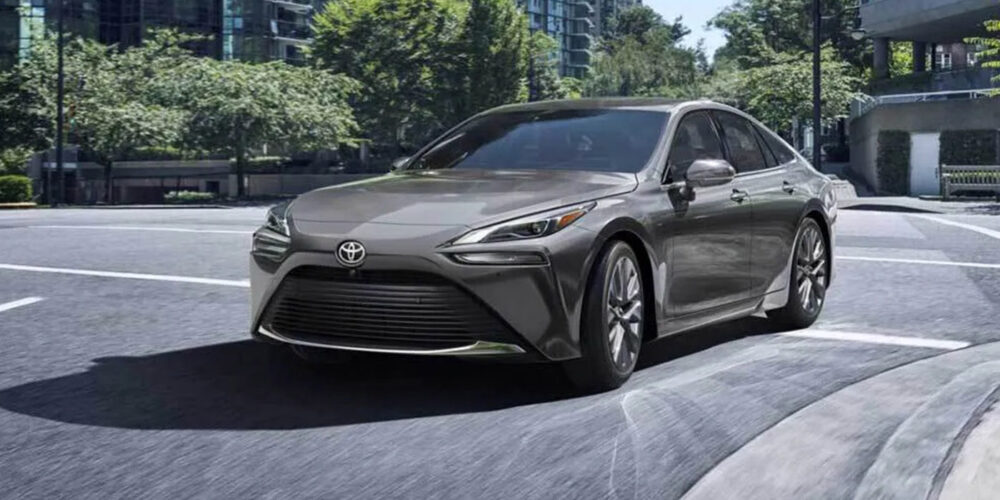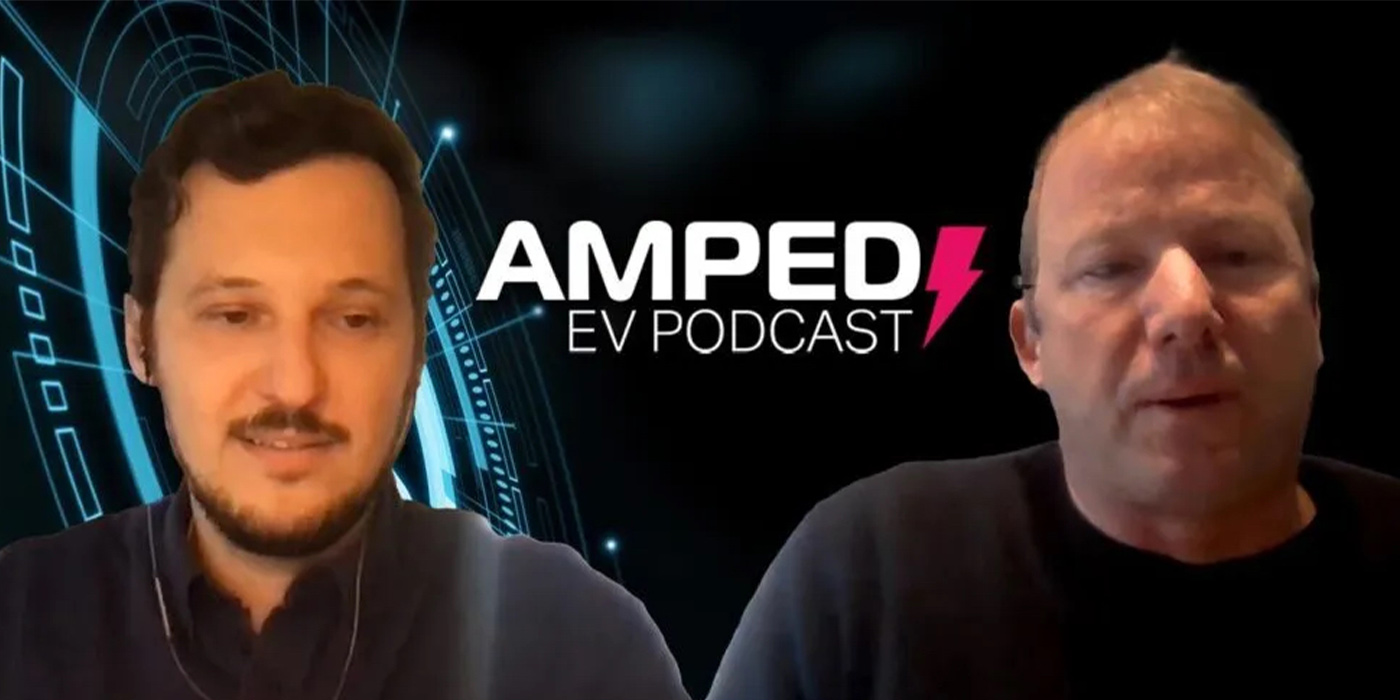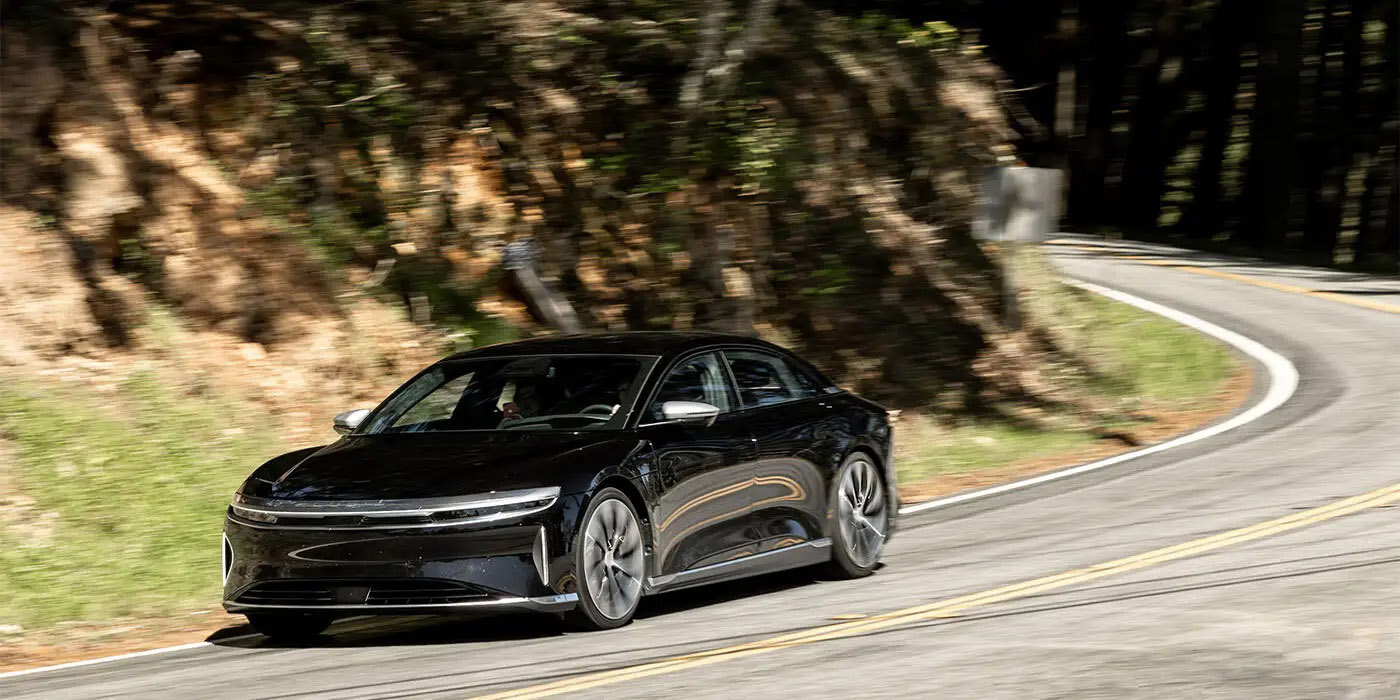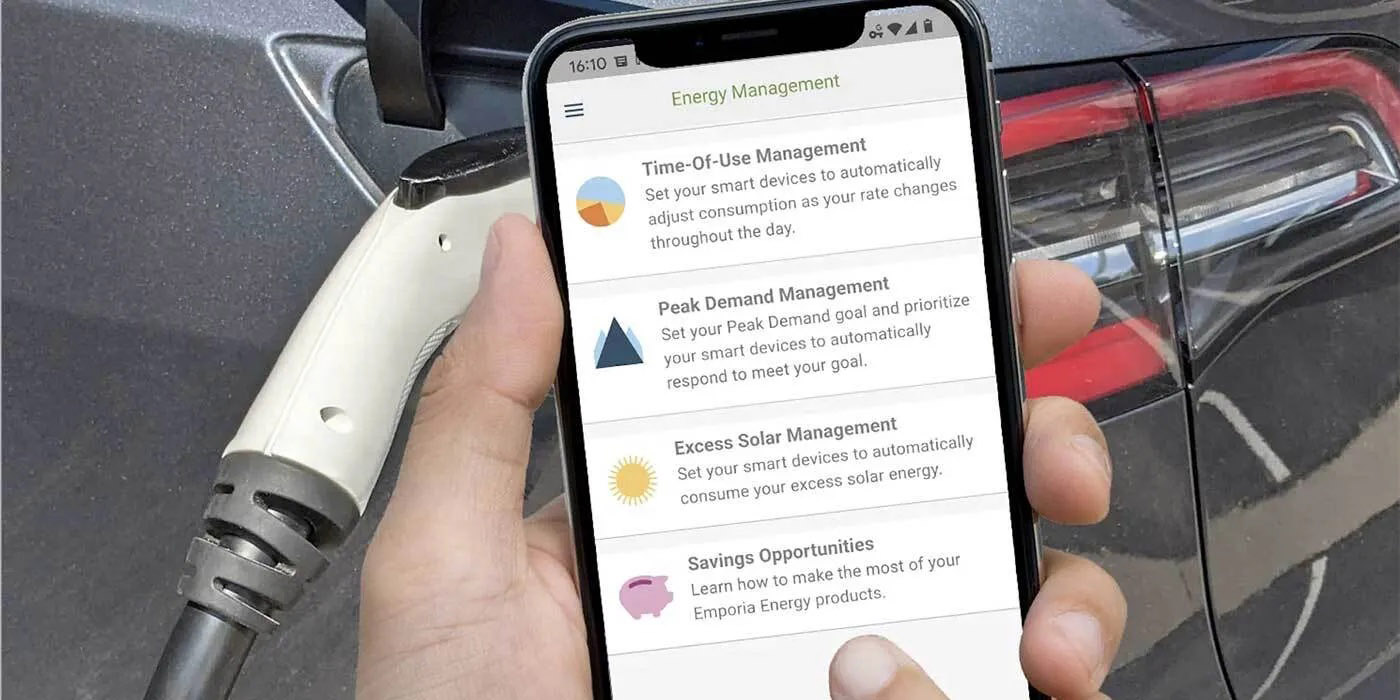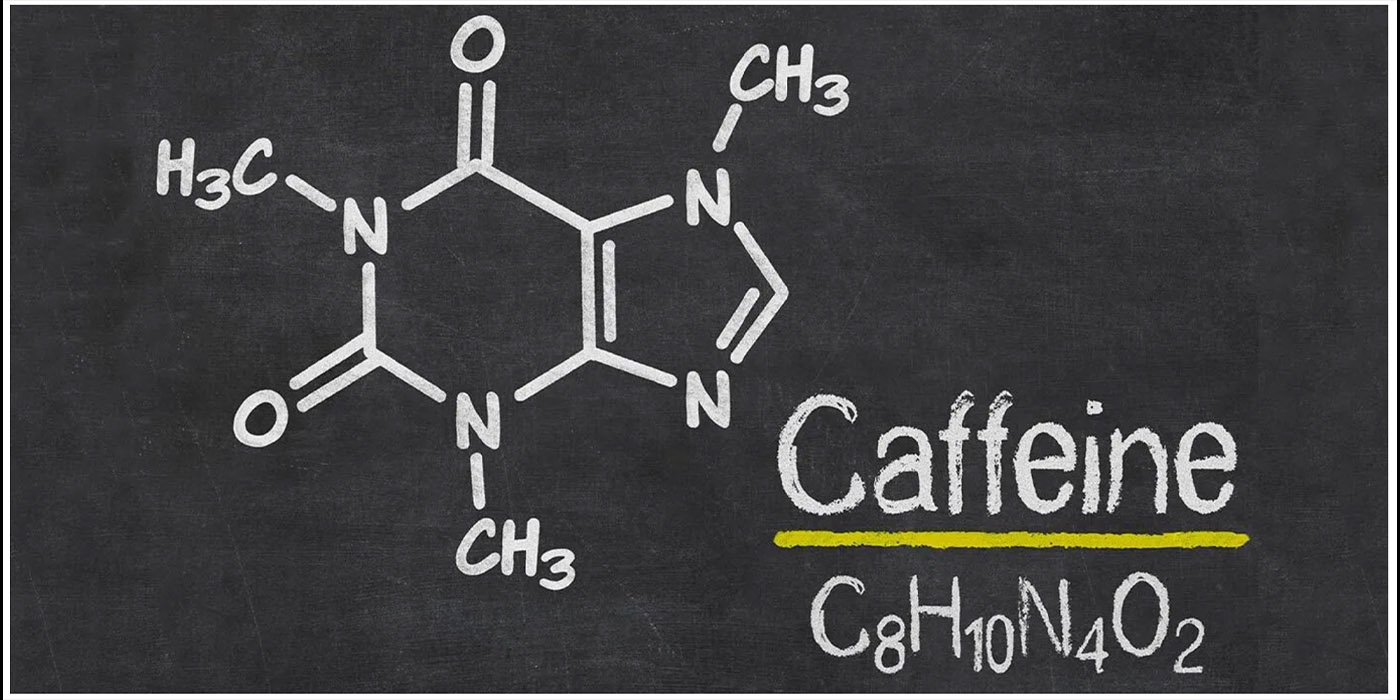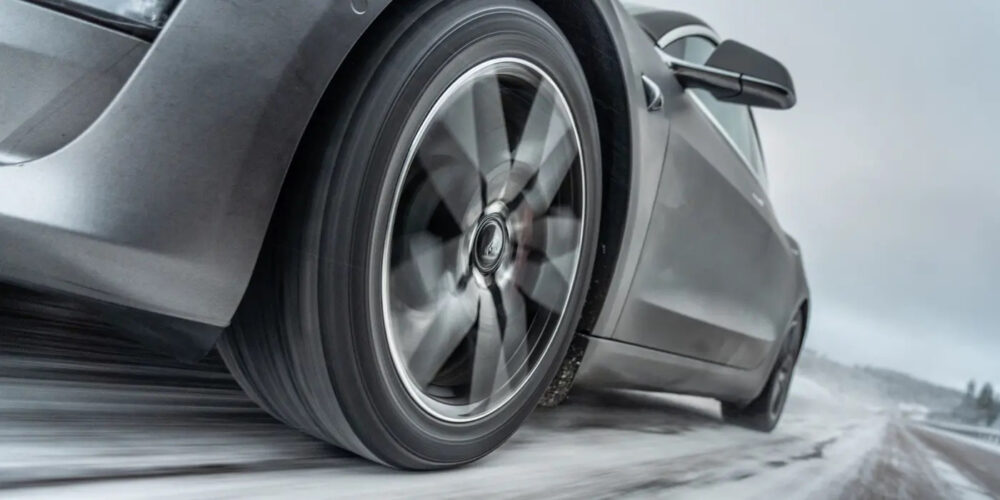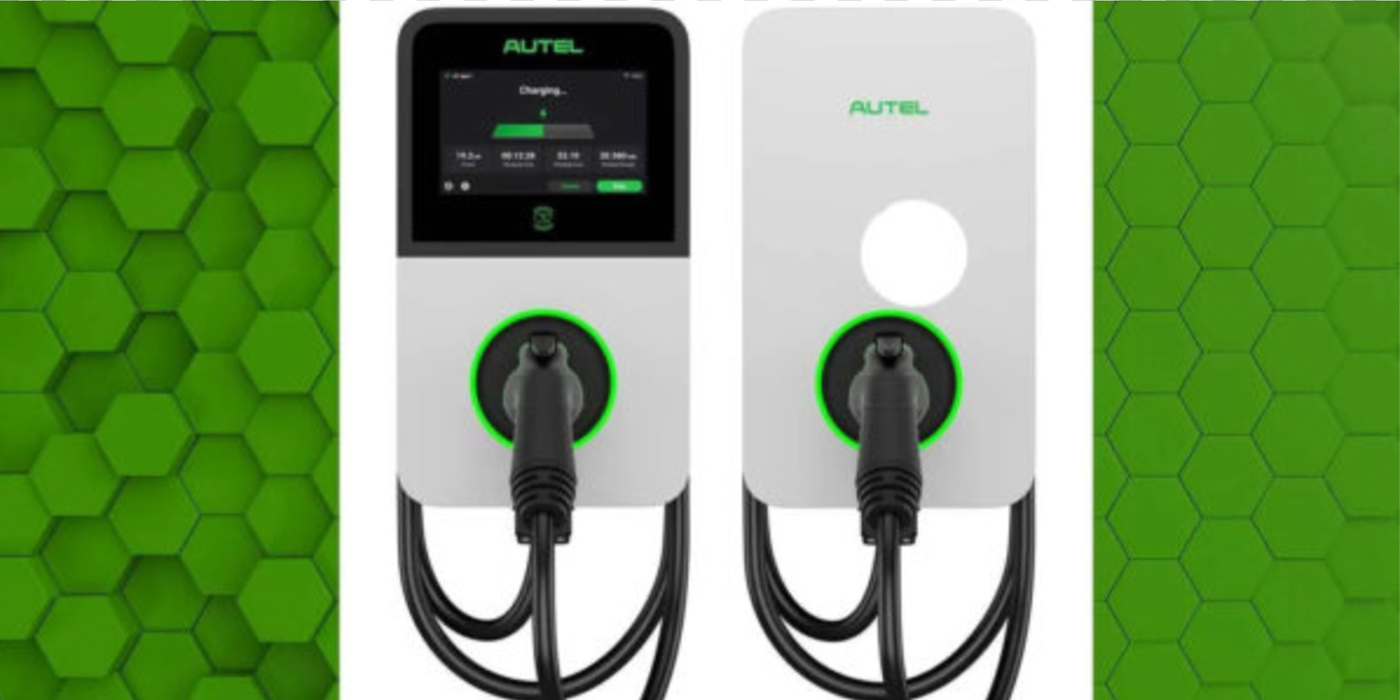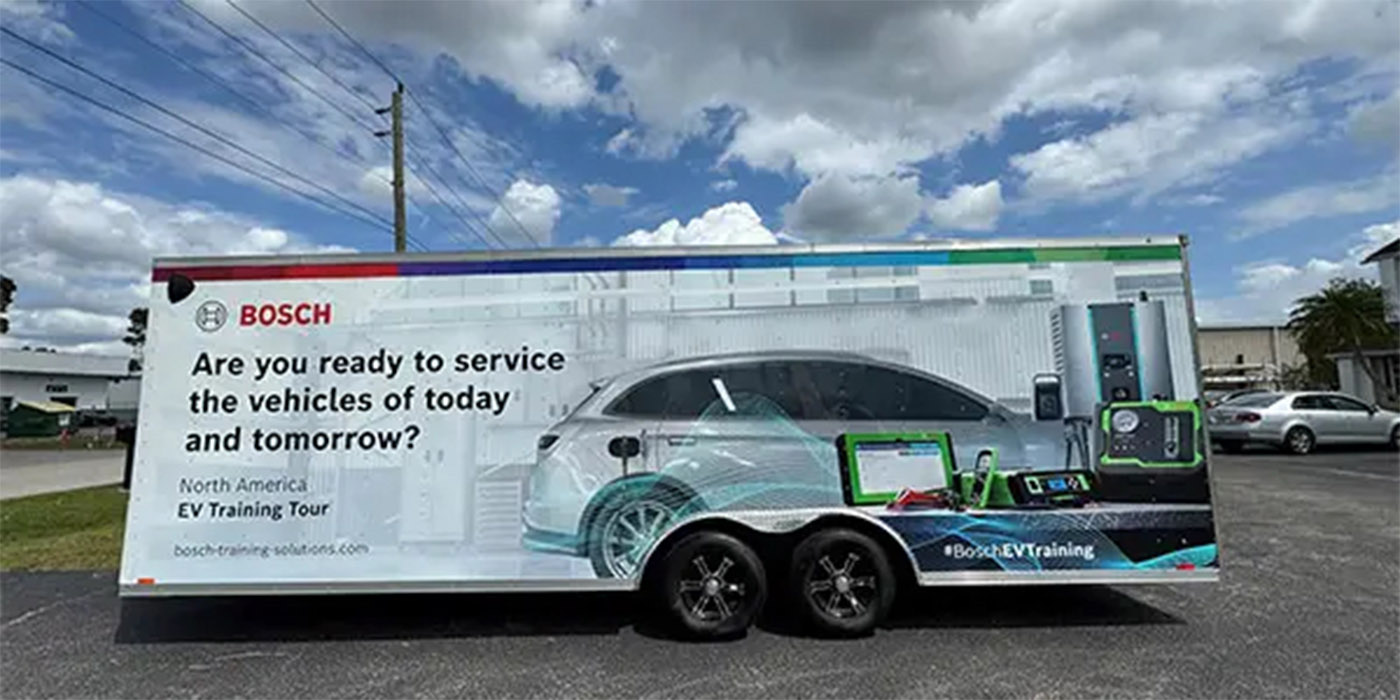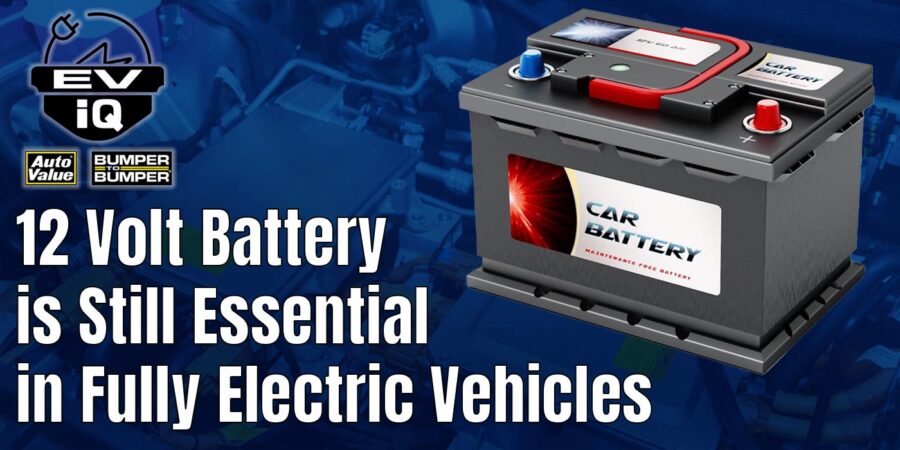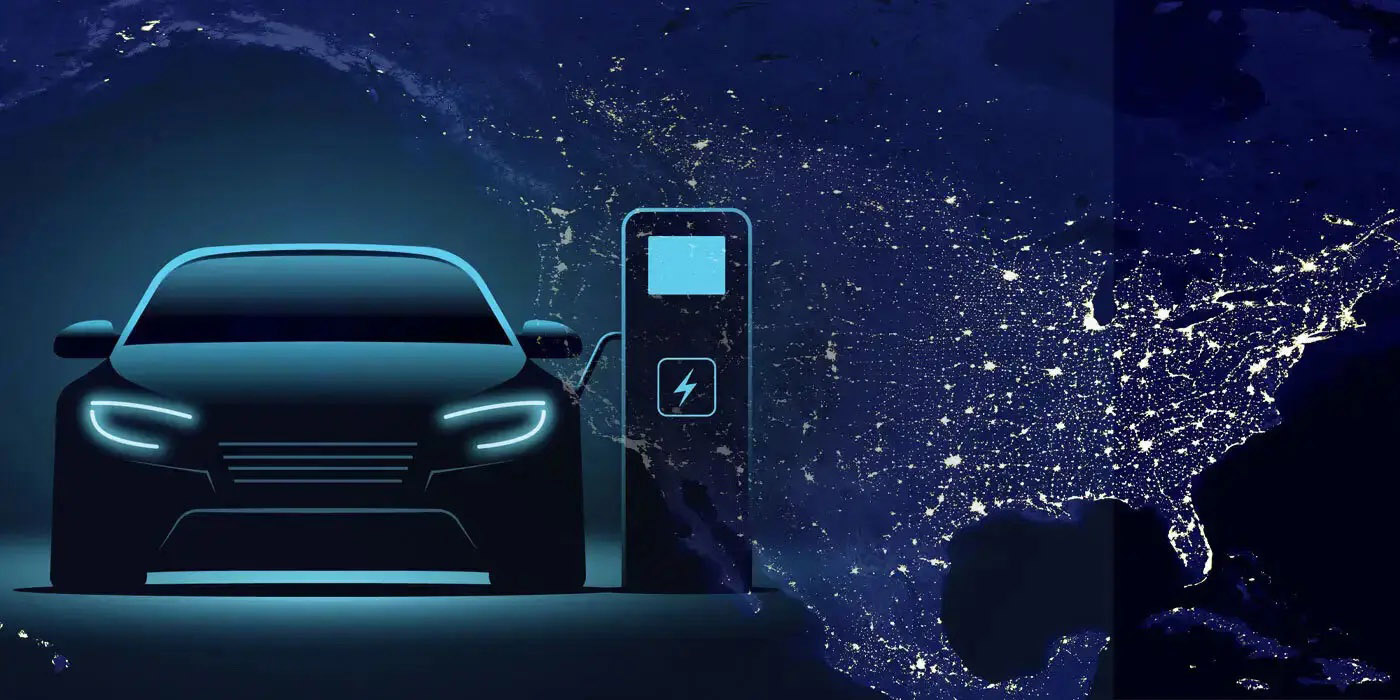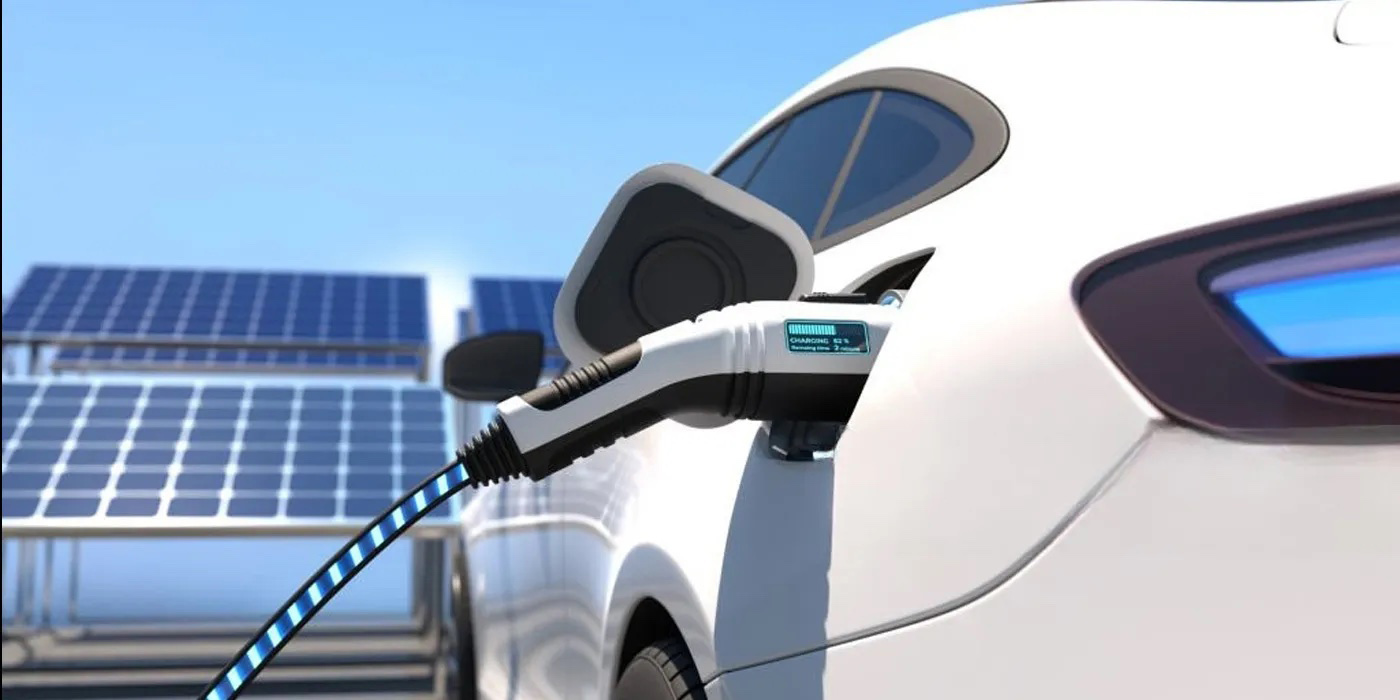Toyota introduced a fuel cell electric vehicle (FCEV), the 2024 Toyota Mirai, which has an estimated range rating of 402 miles on the XLE grade. In essence, the Mirai is a “plug-less” electric vehicle. Instead of having to charge a battery in a BEV which can take several hours, the FCEV driver fills the tank with hydrogen. With an FCEV, the fuel is non-toxic, compressed hydrogen gas rather than liquid gasoline, Toyota said.
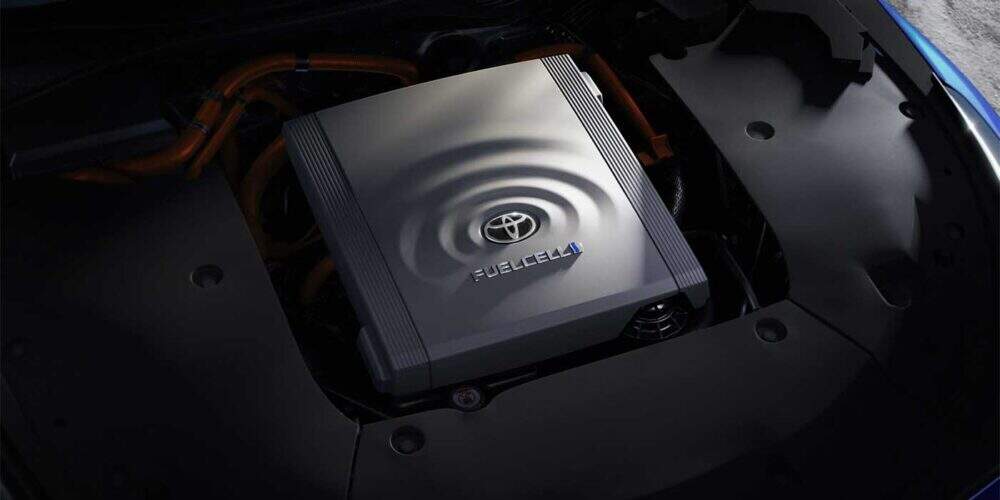
According to Toyota, an FCEV generates its electricity onboard from hydrogen, with water as the only emission. A fuel cell system combines stored hydrogen with oxygen from the air and a chemical reaction produces electric current and water, which drops out of a hidden vent pipe beneath the car.
Electricity generated by the Mirai’s fuel cell and the regenerative braking system is stored in a lithium-ion battery. Pressing the accelerator pedal yields an immediate flow of electric power from the fuel cell and/or battery to the rear-mounted AC synchronous electric motor, which drives the rear wheels. An electric air compressor pressurizes the intake air, and a water-cooled intercooler reduces the temperature of the compressed air before it enters the fuel cell stack. A water-cooled oil cooler integrated with the air compressor helps maximize efficiency, Toyota said.
The 2024 Toyota Mirai will include up to $15,000 of complimentary hydrogen with a purchase or lease.

